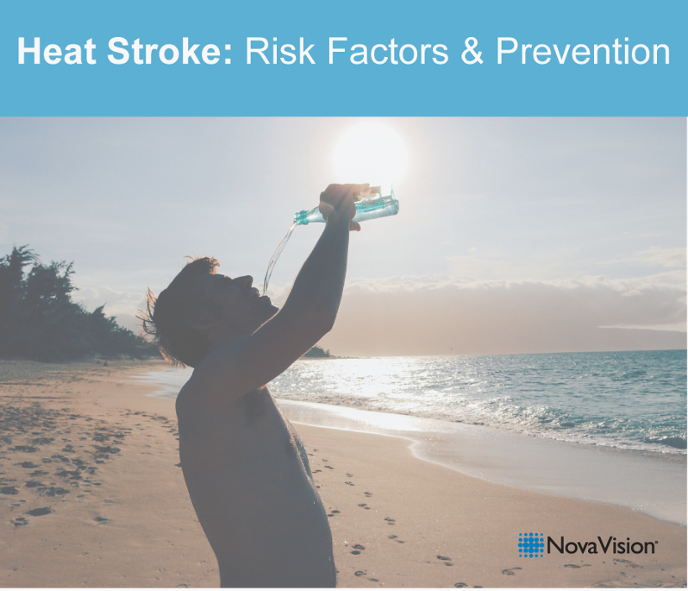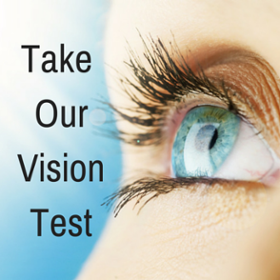
Every year many people await summer eagerly: swimming, summer evening grill parties, vacation in the home or abroad. High temperatures have the potential however to lead to cardiovascular problems and carry a high stroke risk. It is therefore not surprising that more strokes happen during summer times.
Risk factors
Temperature change
People who are already diagnosed with hypertension are susceptible to problems from unusually quick temperature changes, not just rapid increases from one day to the next, but also rapid cooling can affect the cardiovascular system. A disorder of the heart-rhythm can arise which needs attention and should be examined by a medical doctor.
Heat stress
When temperatures are continuously high, blood pressure decreases because blood vessels expand. This is further enhanced when antihypertensive drugs are taken.
This may lead to vertigo, dizzy spells or even circulatory collapse. ”If with temperatures higher than 77 °F the systolic blood pressure decreases steadily below 110 mmHg, patients should go to the doctor” is the recommendation of Professor Dr. Hans-Georg Predel from Deutsche Hochdruckliga (DHL) (German Hypertension League).
Please note: hypertensive medication may only be changed following consultation with your attending doctor.
Tips and Prevention
- Drink, drink, drink! Regularly drink 2 liters daily, even more on hot days. But be careful! Do not drink too much at once because it will put a strain on your kidneys. It is better to frequently drink small amounts of liquid during the day; you could even prepare containers for your liquids to drink in the morning, at lunchtime and in the afternoon.
- Mineral water (in case of hypertension low-sodium)
- Fruit juices diluted with water and lukewarm tea (rose hip, lemon balm or caraway). If the amount of liquid intake is insufficient, the blood thickens and circulates slower. This can lead to circulation disturbances in the brain.
- Before you travel abroad, consult your doctor. If applicable, renew prescriptions for important medicine.
- Take a blood pressure meter, your medicines and ideally your medical records including a list of the active ingredients of your medication with you (Please note: adapt timing of medication intake to time difference if applicable, otherwise over- or under medication might occur) – measure blood pressure daily
- Avoid long car trips in extreme heat. Particularly midday heat can cause cardiovascular problems. Equally problematic: high variations in temperature because of air conditioning in the car. Do not down-regulate the temperature too much.
- Decrease risk of thrombosis on long car or plane trips: take regular breaks to move your body around, run and jump on the spot, roll your feet from heel to toe. Perform squats, keep your back straight and go down as far and as often as you can
- If you are already at risk of thrombosis, wear compression hosiery
- Work out early in the morning or in the evening, when temperatures are not so high
- Eat light food (fruits, vegetables, fish, whole wheat products) and stay away from fat and alcohol
- Immerse your feet and arms for 1 to 2 minutes in cold water (submerge your legs in water up to your knees and push away in a circular motion, you can also do the same exercise with your arms by dipping your arms in water up to your elbows and move them in a circular motion)
- If time allows, prop your legs up as often as possible
For more tips visit http://www.mayoclinic.org/diseases-conditions/heat-stroke/basics/prevention/con-20032814
References: http://www.schlaganfall-hilfe.de/mobil-nach-schlaganfall#article_76224


